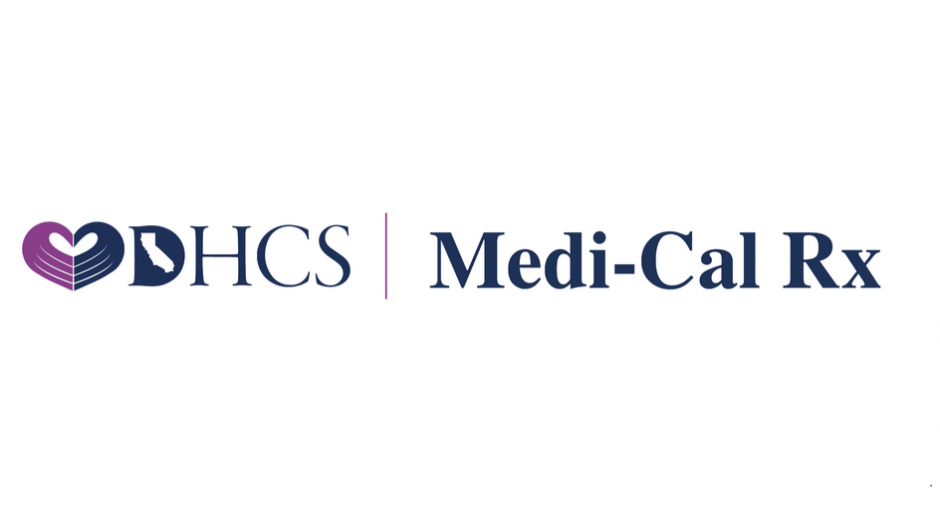Federally qualified health clinics in California have no right to sue to stop a major state Medicaid drug reimbursement change that began on Jan. 1., the state Department of Health Care Services (DHCS) argued in a legal brief filed Wednesday.
An association of state FQHCs sued DHCS in federal district court in Sacramento late last month after the U.S. Centers for Medicare & Medicaid Services granted a wide-ranging waiver to reform California’s Medicaid program. It included the transition of its Medicaid managed care prescription drug program to Medicaid fee for service. Under Medi-Cal FFS, providers bill at acquisition cost for 340B drugs. Under Medi-Cal managed care, they could bill at higher negotiated rates.
The lead plaintiff in the suit is the Community Health Center Alliance for Patient Access (CHCAPA), which represents 31 California FQHCs. It claims the change would cost health centers as much as $300 million a year in lost revenue. DHCS implemented Medi-Cal Rx on Jan. 1; CHCAPA requested a temporary restraining order on Dec. 30.
DHCS’ 20-page response to the request for the restraining order:
- Rejects CHCAPA’s claims that health centers are entitled to receive fee-for-service reimbursement and that federal law entitles centers to reimbursement at 100% of their reasonable costs.
- Says the U.S. Supreme Court has explicitly held that 340B covered entities have no right to assert claims in federal court under the 340B statute.
- Rejects the health centers’ claim that the part of the 340B statute empowering the U.S. Health secretary to create an exclusive mechanism to avoid duplicate discounts preempts state law.
- Says “Congress could not have intended for 340B covered entities to ‘stretch’ federal funding by allowing providers to use Medicaid funds for non-Medicaid purposes…. While non-covered services…may be significant for FQHC patients who are not Medi-Cal beneficiaries, such services cannot be financed with Medicaid funds. Plaintiffs plainly misconstrue Congress’s intent.”
- Says the health centers’ “self-serving declarations aimed at maintaining previously enjoyed windfall profits fail to identify any irreparable harm that is likely to occur as a result of Medi-Cal Rx, much less any such harm that is likely imminent or immediate.”
“Plaintiffs’ request for a TRO seeks to maintain a system that has allowed FQHCs to reap considerable windfall profits,” the state told the court. “An injunction, on the other hand, would halt a federally-approved initiative, resulting from a years-long public process, designed to ensure efficient delivery and continuity of pharmacy benefits to Medi-Cal beneficiaries, and would cause substantial disruption for beneficiaries and providers alike.”
“Medi-Cal Rx will improve the care and treatment of Medi-Cal beneficiaries,” the state said. “Because the intended beneficiaries of the Medicaid laws are not participating medical providers, but instead the patients who will benefit from the implementation of Medi-Cal Rx, the balance of the equities strongly weigh in favor of the [state health department.]”
On Dec. 8, the state asked CMS to approve a total of $157 million that would be allocated to 340B health centers and other HRSA grantees over an 18-month period to soften the blow. CMS has 90 days to review the amendment, a source told 340B Report.
California health centers have said the supplemental state payments would not make them whole for the 340B revenue losses they will incur due to the drug reimbursement cut. They also note that the payments are time limited.
A hearing on the motion for the temporary restraining order has yet to be scheduled.


